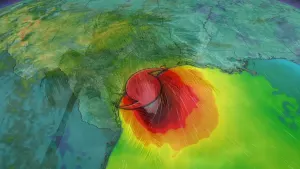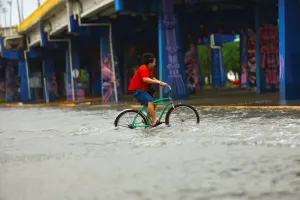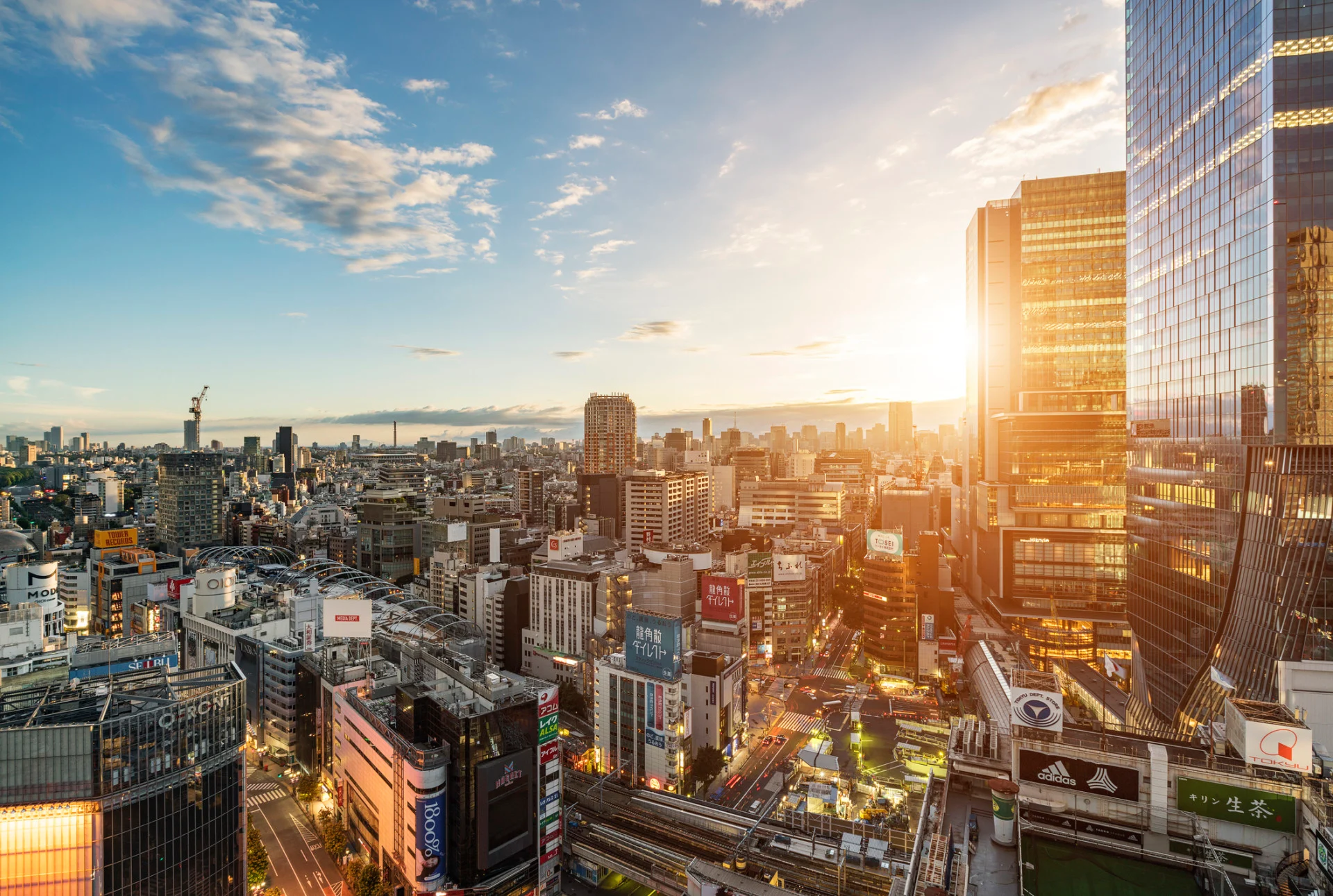
Extreme heat in Tokyo will be dangerous at Summer Olympics, report warns
Heat related illness and high levels of pollution are some of the main concerns as climate change has an increasing influence on the Summer Olympic Games.
A study published by an international team of researchers and contributors warns that “high levels of heat and humidity driven by climate change” could create hazardous conditions during the Summer Olympic Games in Tokyo that are set to begin on July 23.
Olympians will be pushing their minds and bodies to extreme limits in an environment that is becoming increasingly harsh. The study says that the average annual temperature in Tokyo has risen by 2.86°C since 1900, which is over three times as fast as the rest of the world.
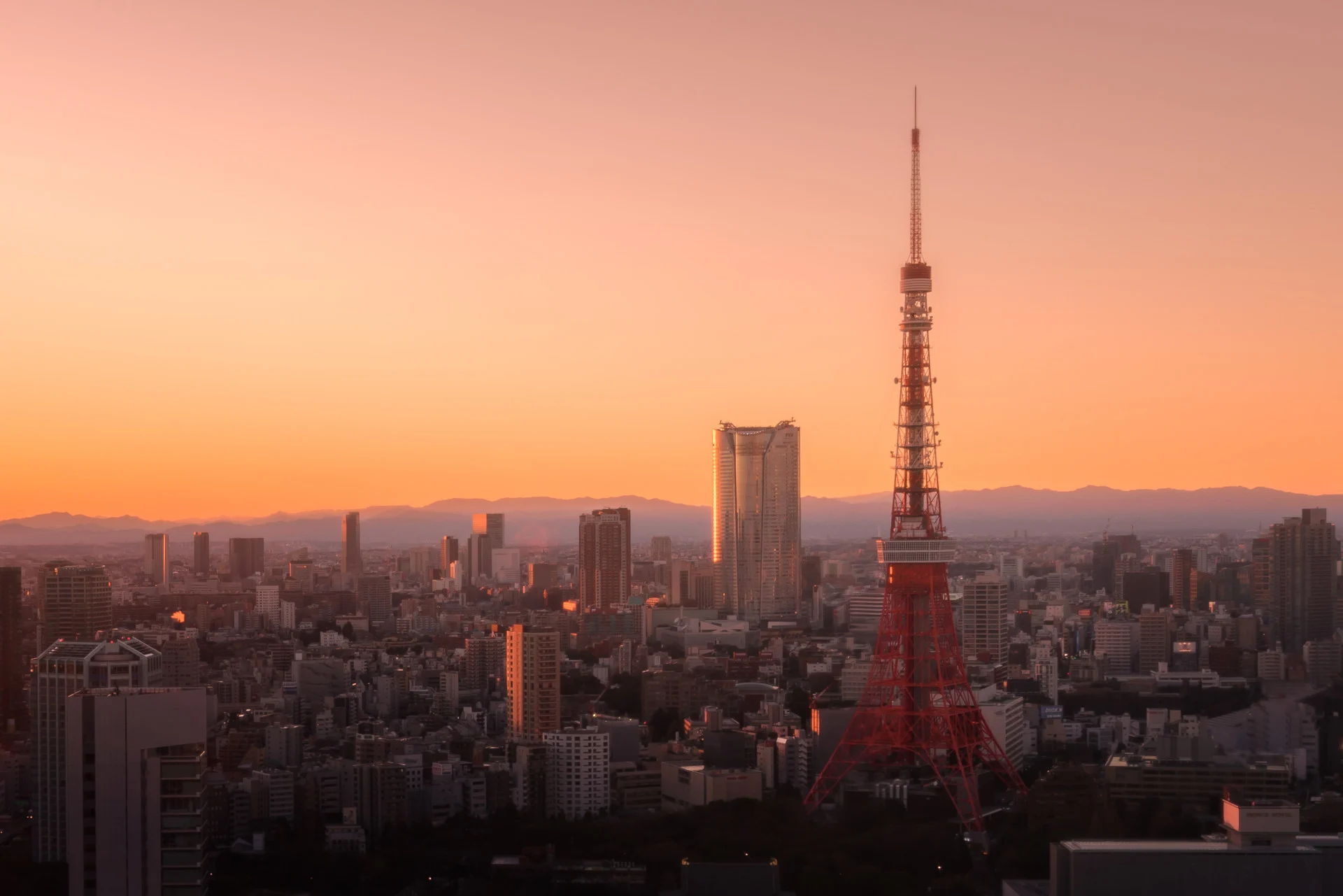
Olympic officials will closely monitor the forecast each day to prepare for adjustments incase temperatures climb too high. (Theerawat Kaiphanlert. Moment. Getty Images)
It is not uncommon for daily highs in Tokyo to exceed 35°C. Consequently, certain events, such as the marathon and cycling, have been moved to other cities in Japan with cooler climates after preliminary forecasts indicate that the upcoming conditions could be unsafe for the athletes. Such temperatures are a far cry from what the study says is the optimal temperature for humans to perform continuous exercise in, which is 11°C.
In addition to the challenges one experiences in the face of extreme heat, experts are concerned that the soaring temperatures could result in dangerously high levels of atmospheric pollutants in the city, which could put both athletes and spectators at risk.
“Climate change is an uninvited participant to the Olympic Games and will try everything to break some records,” said Paloma Trascasa Castro, postgraduate researcher in the Priestley Centre at the University of Leeds, in the study’s press release. Castro explained that the urban heat island effect also contributes to the rising temperatures that the city is grappling with.
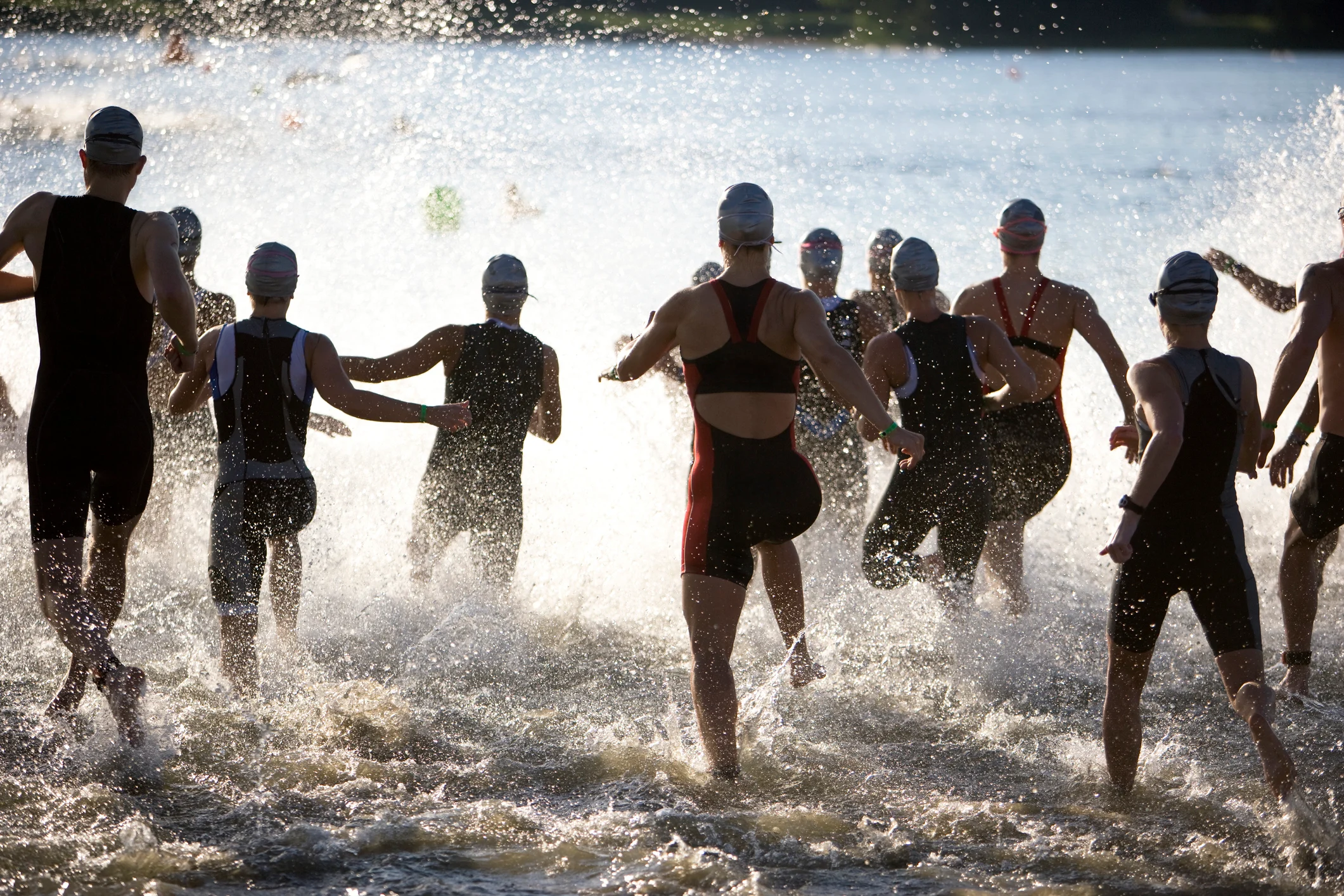
Experts say that triathlon is one of the highest risk events during extreme heat. (JMichl. E+. Getty Images)
The nation has endured numerous public health crises caused by extreme heat. A heatwave with 40°C temperatures impacted several regions in Japan in July 2018 and resulted in over 1,000 deaths and 22,000 heat stroke hospitalizations. Scientists say that this heatwave could not have happened without human-released greenhouse gas emissions.
One year later, the 2019 Tokyo Olympics Test Event faced challenges with the extreme conditions. Dozens of athletes experienced heat related illnesses and many events had to be shortened. “The difference of 1–2 degrees on a race day will have a major impact on whether the event is safe to run,” Ben Bright, head coach at the British Triathlon Federation, noted in the study.
Some of the health risks that the Olympians could face include sunburn, compromised cognitive and cardiovascular function, dehydration, and heat stroke. Each event faces its own set of hazards if performed during extreme heat. For example, marathon runners lose three to six litres of sweat during the race, but increased thermoregulatory demands in high temperatures makes it harder for the body to cool down and stay adequately hydrated.

Women's Marathon at the 2012 Summer Olympics in London, England. (Aurelien Guichard/ Wikimedia Commons. CC-BY-SA-2.0)
The Paralympics are scheduled for August 24th–September 5th and the study says that high temperatures will also be a concern. “Extreme heat can pose additional challenges for Paralympic athletes due to their impairment, which is often associated with symptoms and thermoregulatory challenges specific not only to that impairment but also to the individual,” the researchers said.
Some of the key mitigation strategies that the study recommends includes: pre-event athlete preparation and acclimatization strategies, an emphasis on rehydration strategies, more shaded areas for athletes to rest and prepare, scheduling events to avoid the hottest times of the day, usage of technologies that monitor heat and body temperatures, education around symptoms, and treatment of heat illness.
“However, ultimately the biggest change involves the biggest challenge — to reduce the actions and causes that contribute to the increasing trend of rising temperatures and evermore unpredictable weather patterns. That is one must-win encounter, the most important prize of all,” the study concludes.
Thumbnail credit: owngarden. Moment. Getty Images









